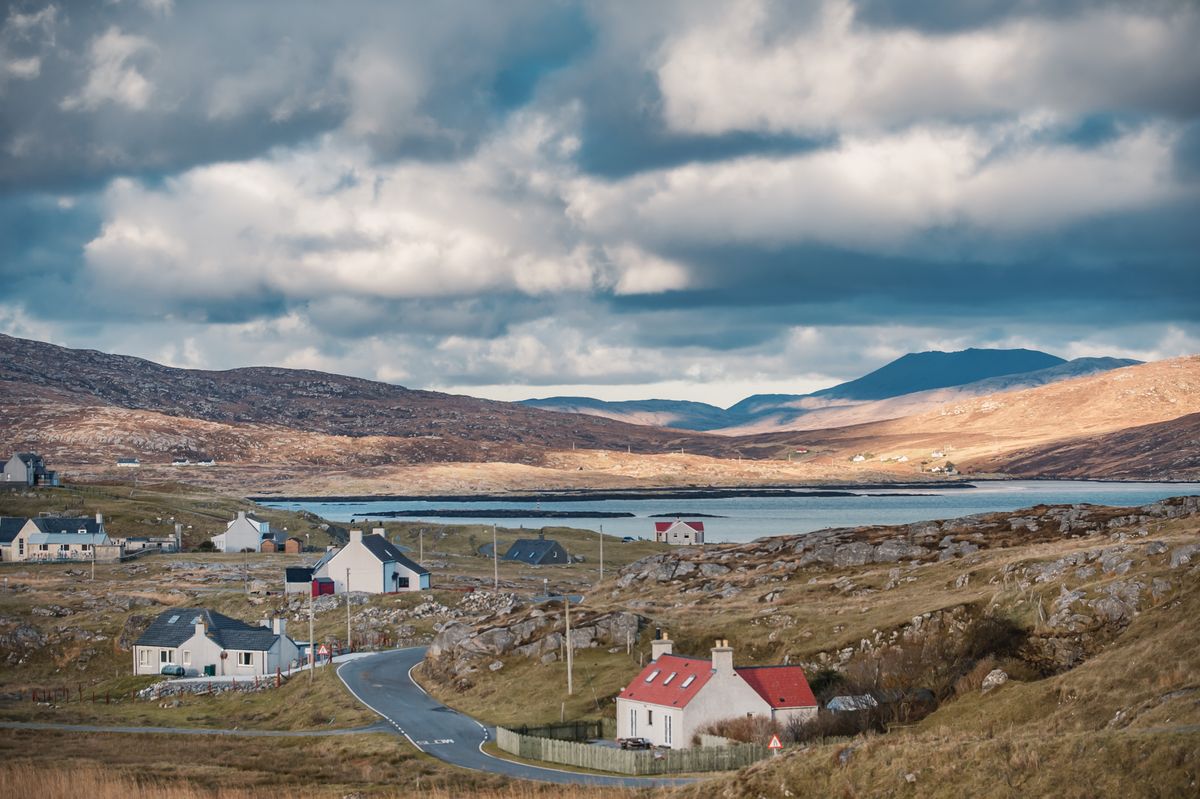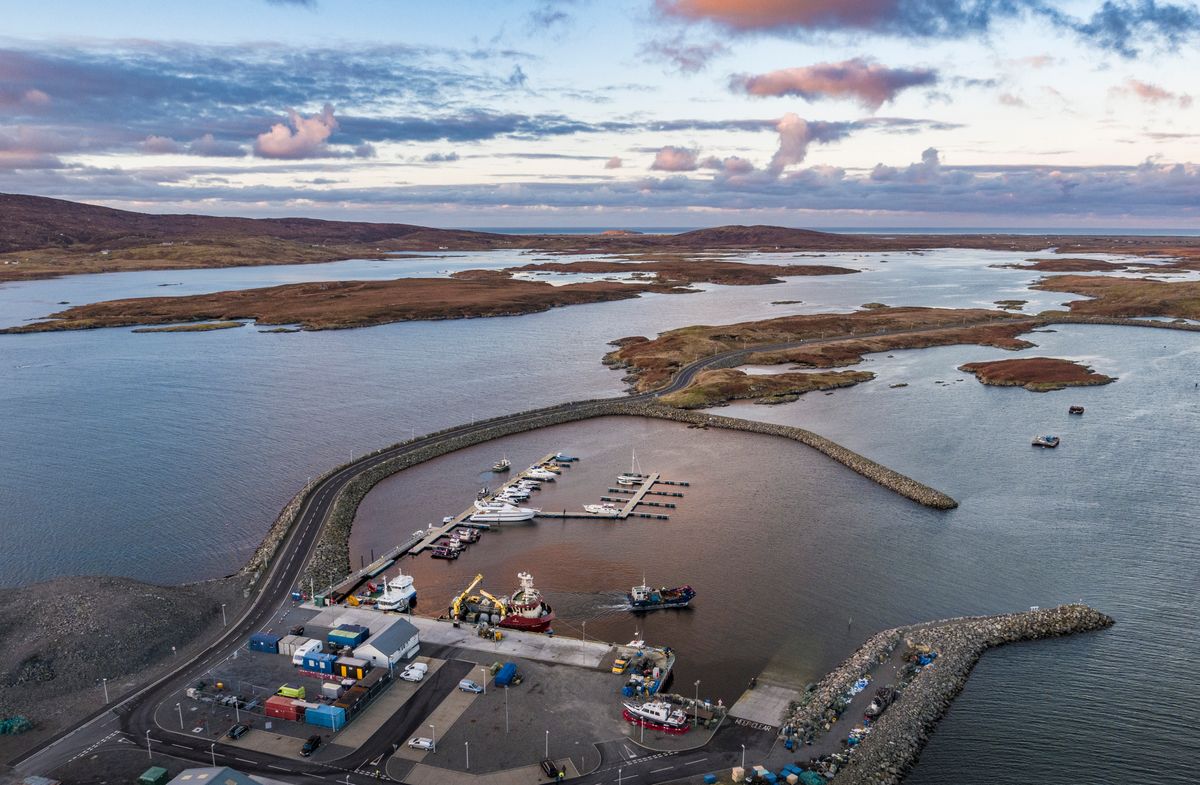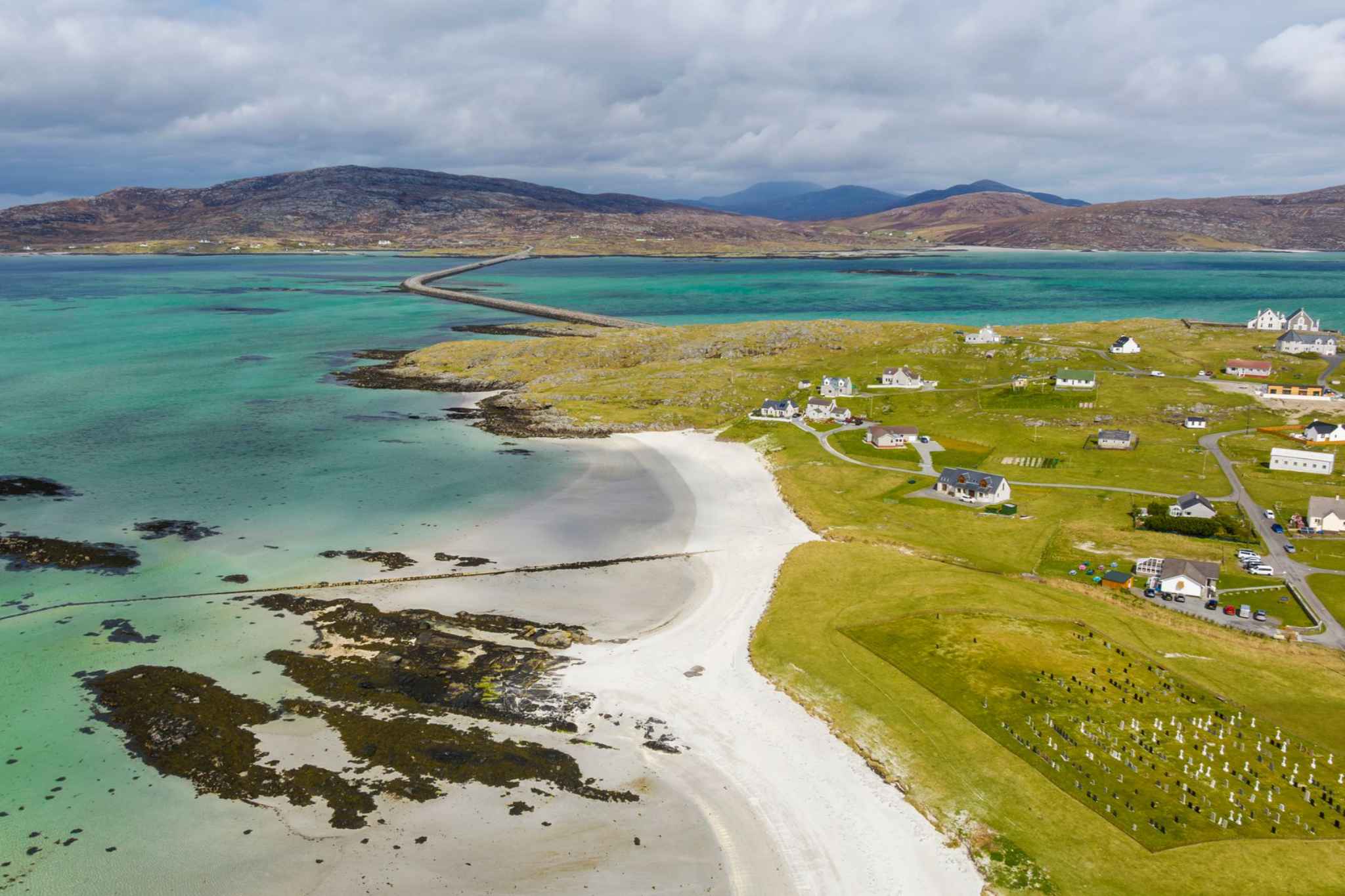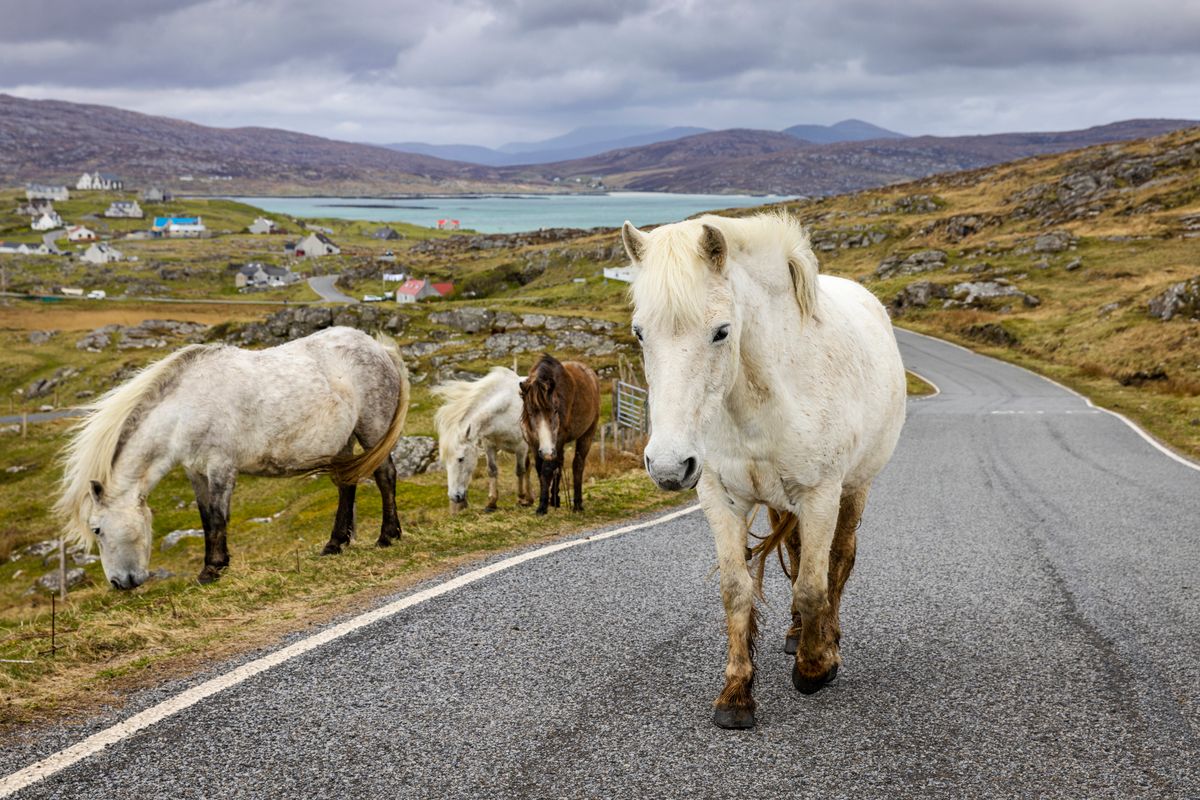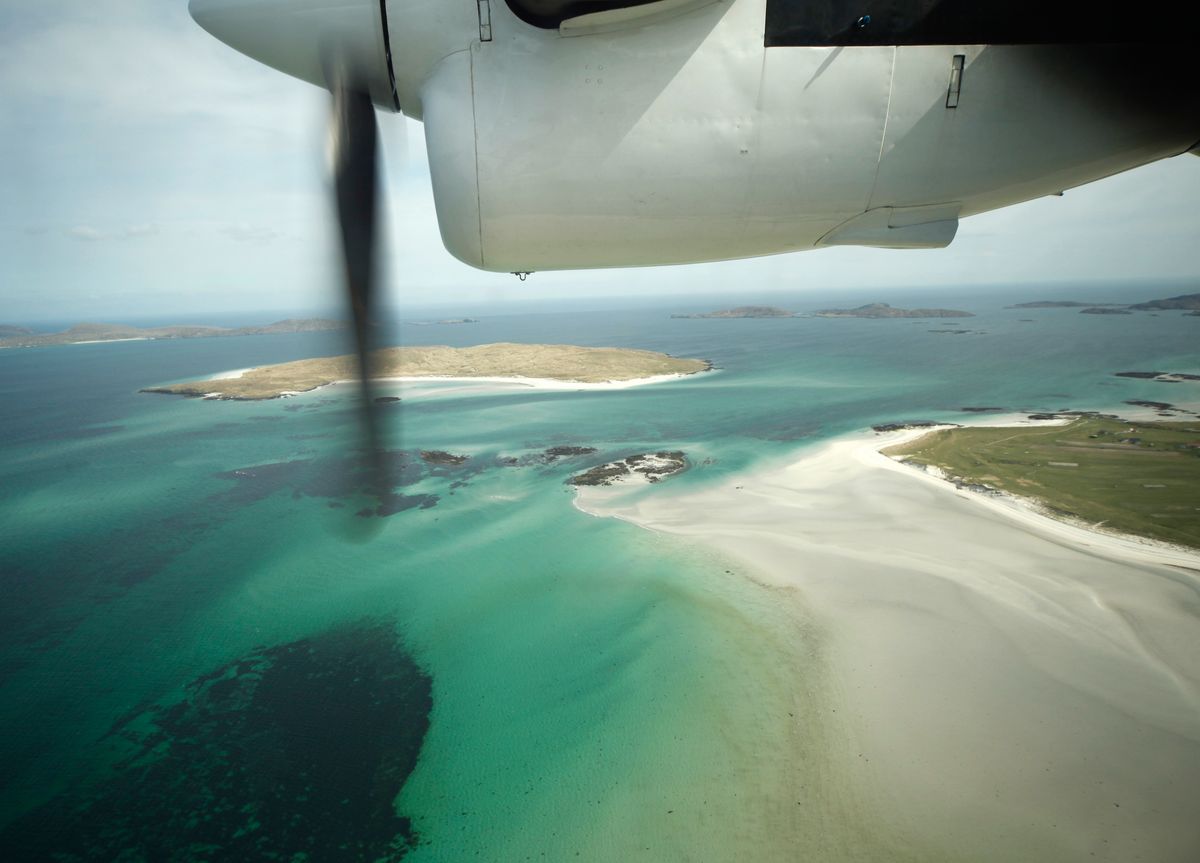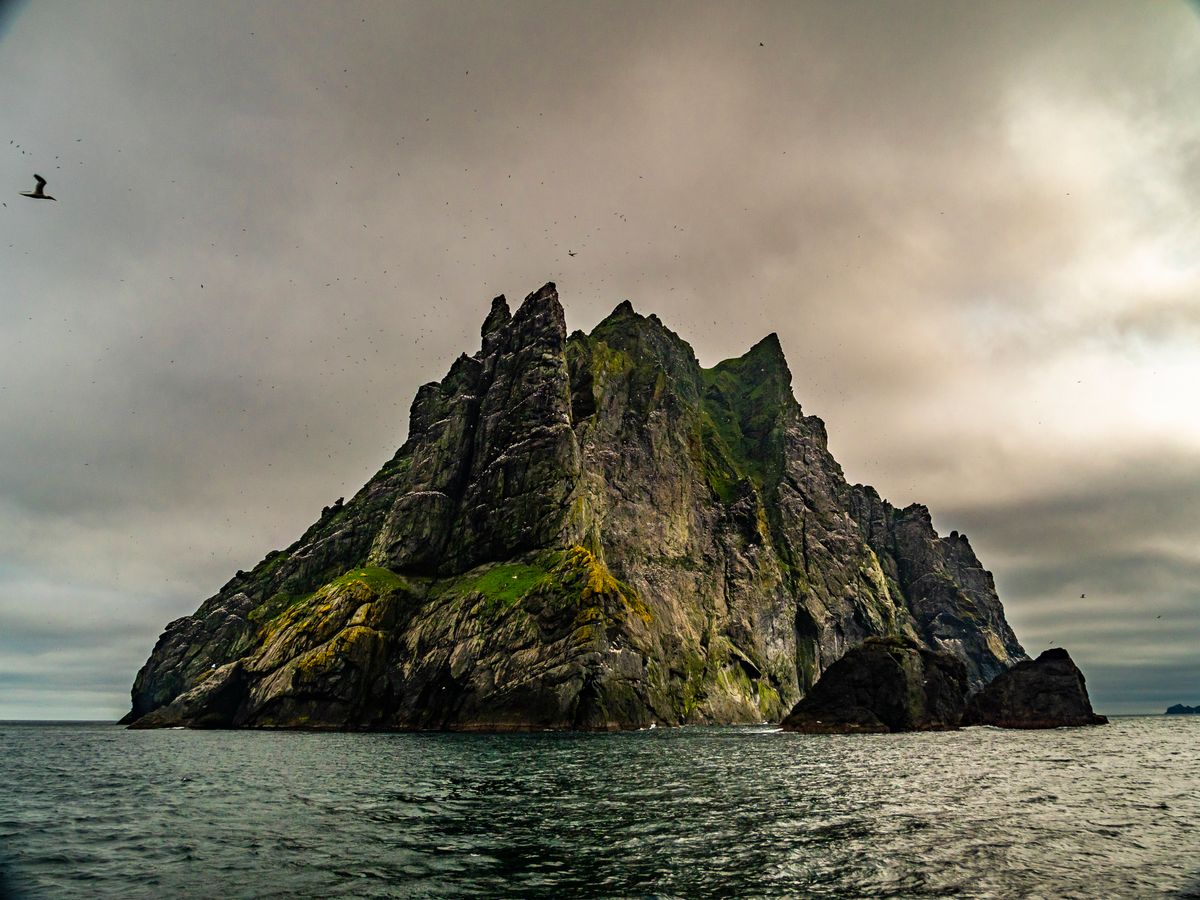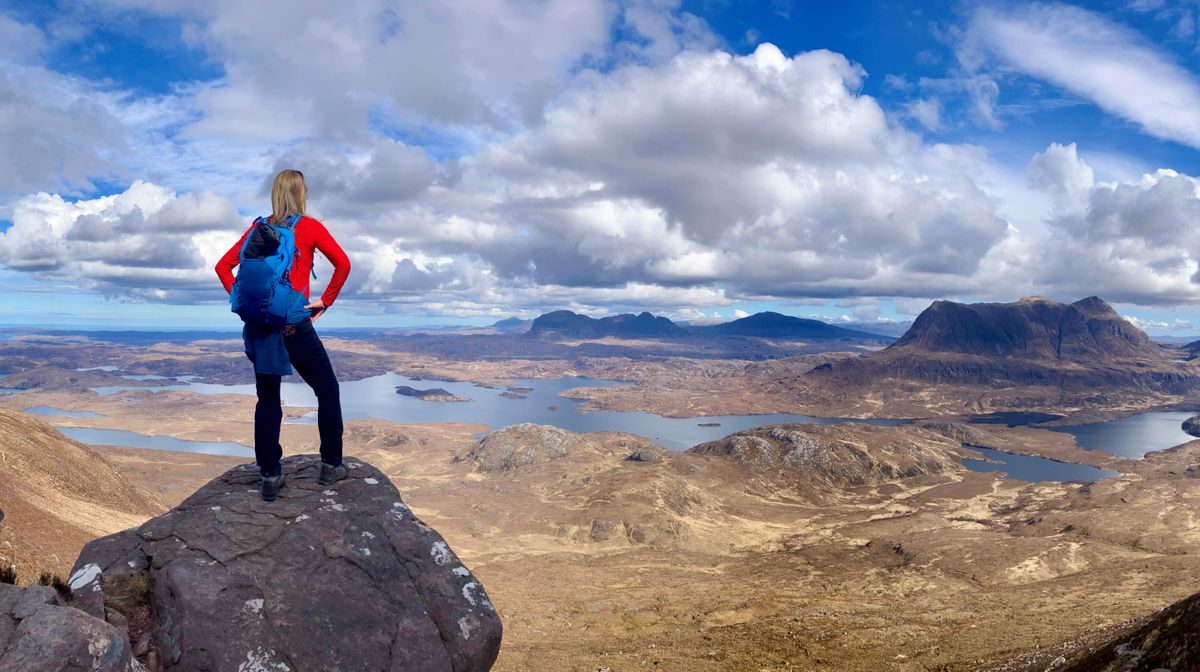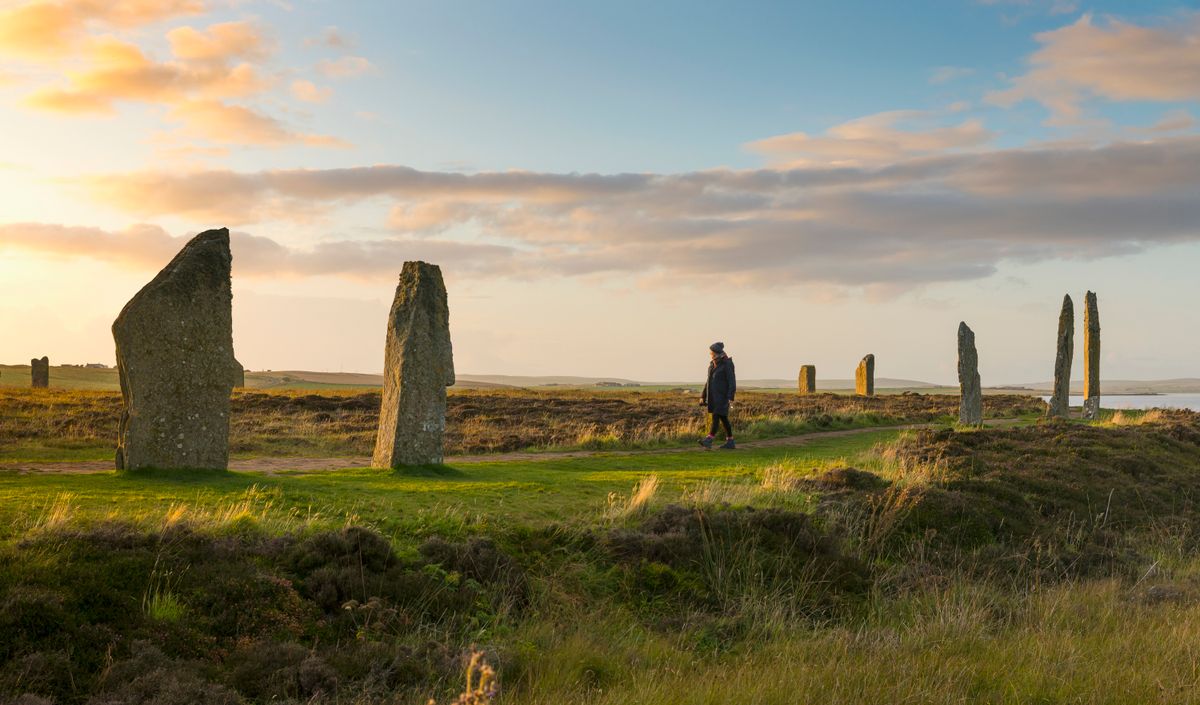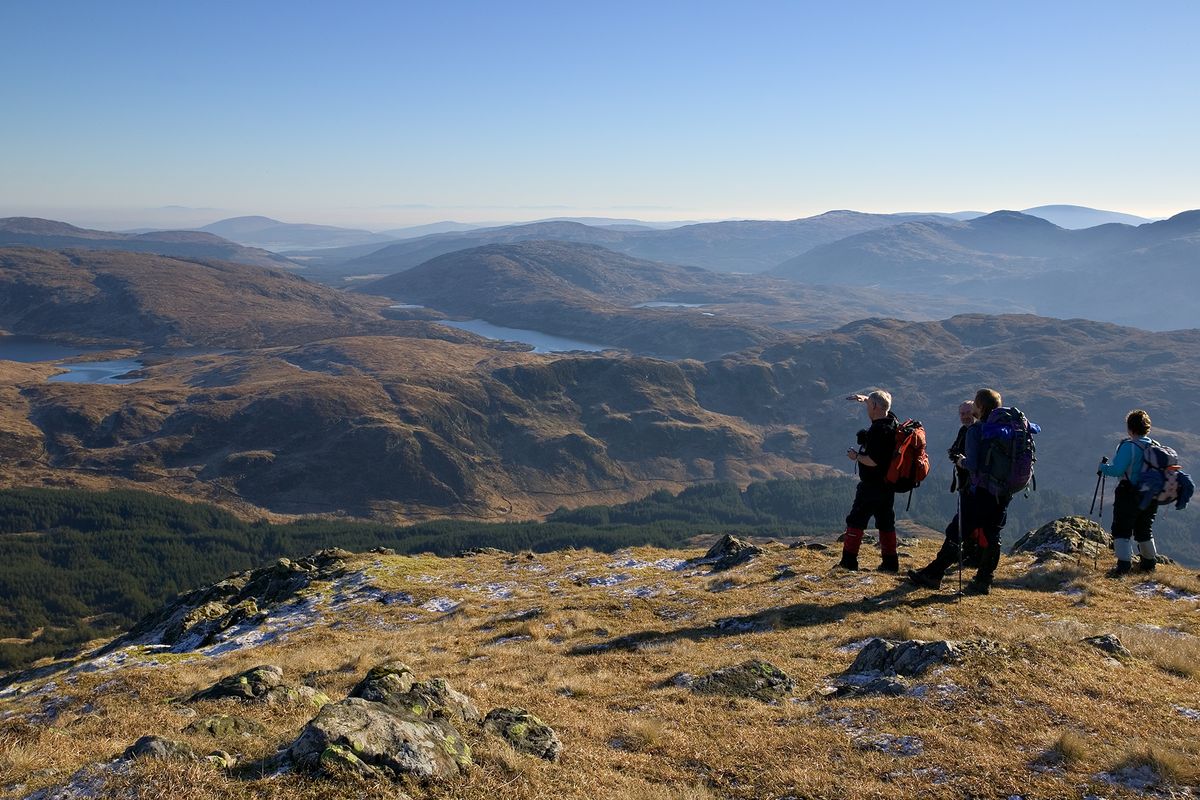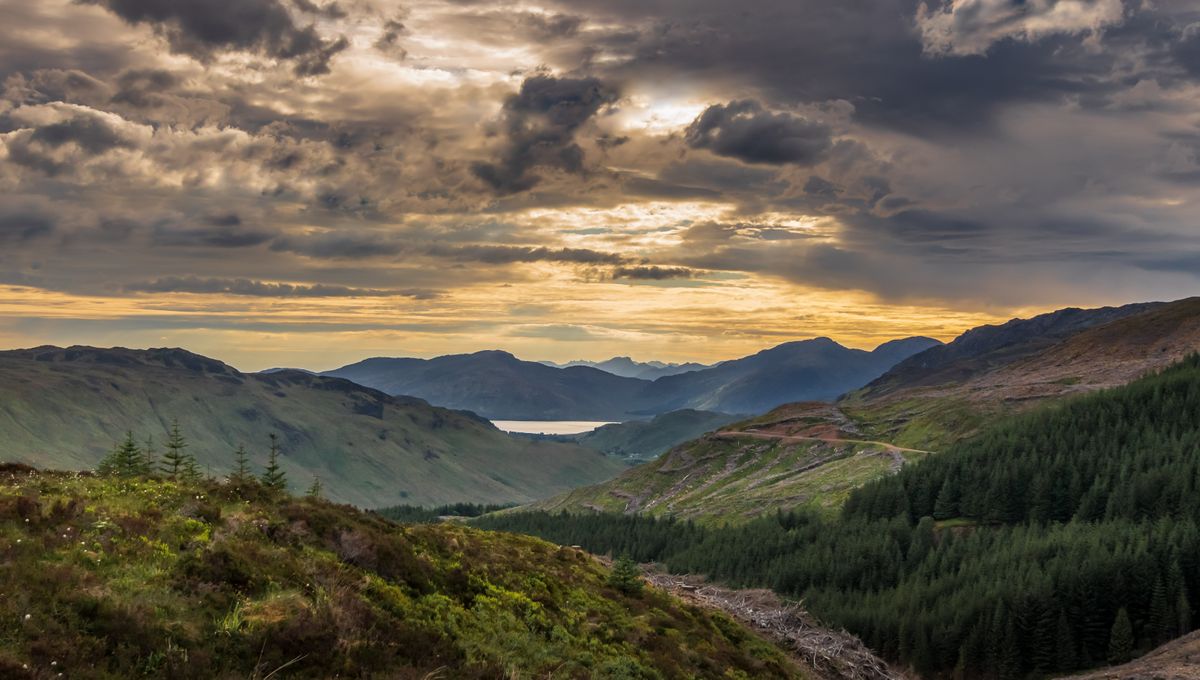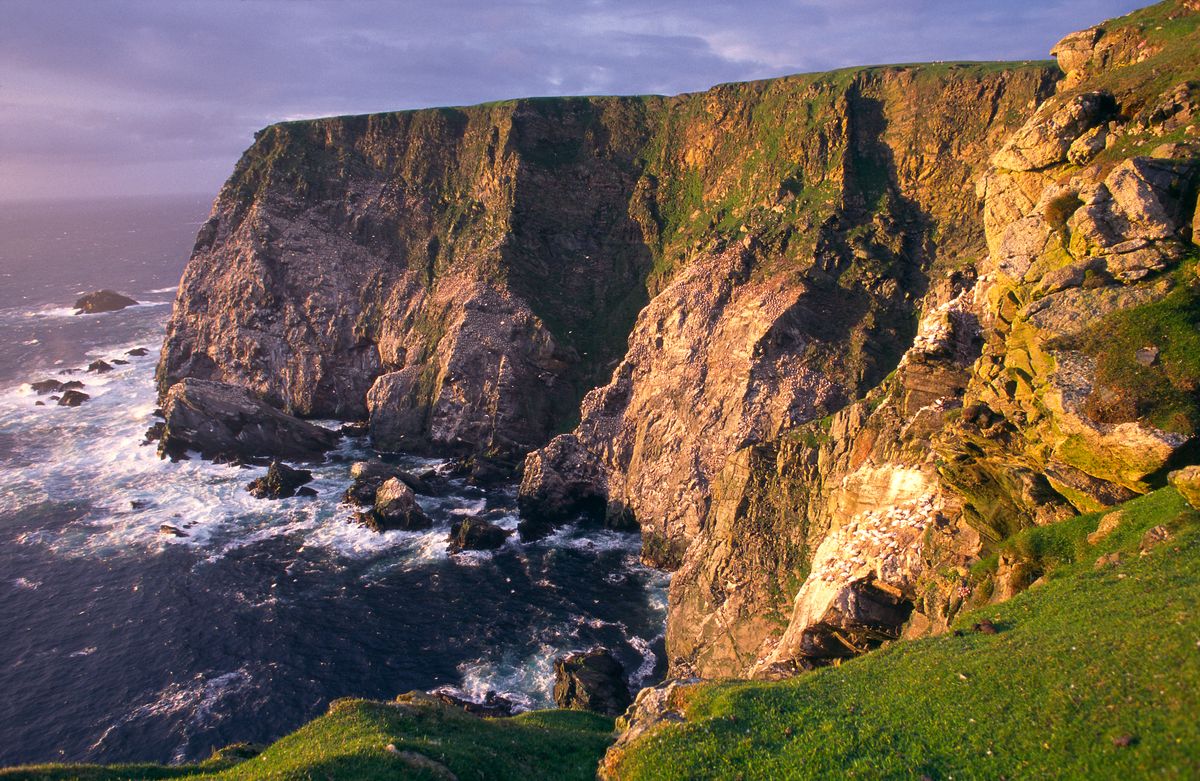
Stone cottages on St Kilda
Stac an Armin (Stac an Àrmainn in Gaelic) is the highest sea stack in Scotland and the British Isles at a soaring height of 196 metres (643 ft) and is located on St Kilda.
St Kilda is incredible, not just for its dramatic landscape and unique human story, but its location and oceanic climate allow it to support an array of wildlife and ecosystems. An extraordinary biodiversity can be observed, both on its windswept lands and beneath the sparkling surface of its coastal waters. This World Heritage Site is 95% marine, and home to nearly 1 million seabirds, including the UK’s largest colony of Atlantic puffins.
The islands were evacuated on 29 August 1930, when the remaining 36 islanders voted to leave as their way of life was no longer sustainable. Now St Kilda is inhabited by just a few staff members of the National Trust for Scotland and Ministry of Defence, alongside a handful of researchers.
St Kilda is a beautiful place and an amazing experience, but the culture and history of this group of islands is reflected in the wider Hebridean community. The heritage site is a protected environment, so it cannot accommodate a large number of visitors. Tours by boat are available but availability is strictly controlled.
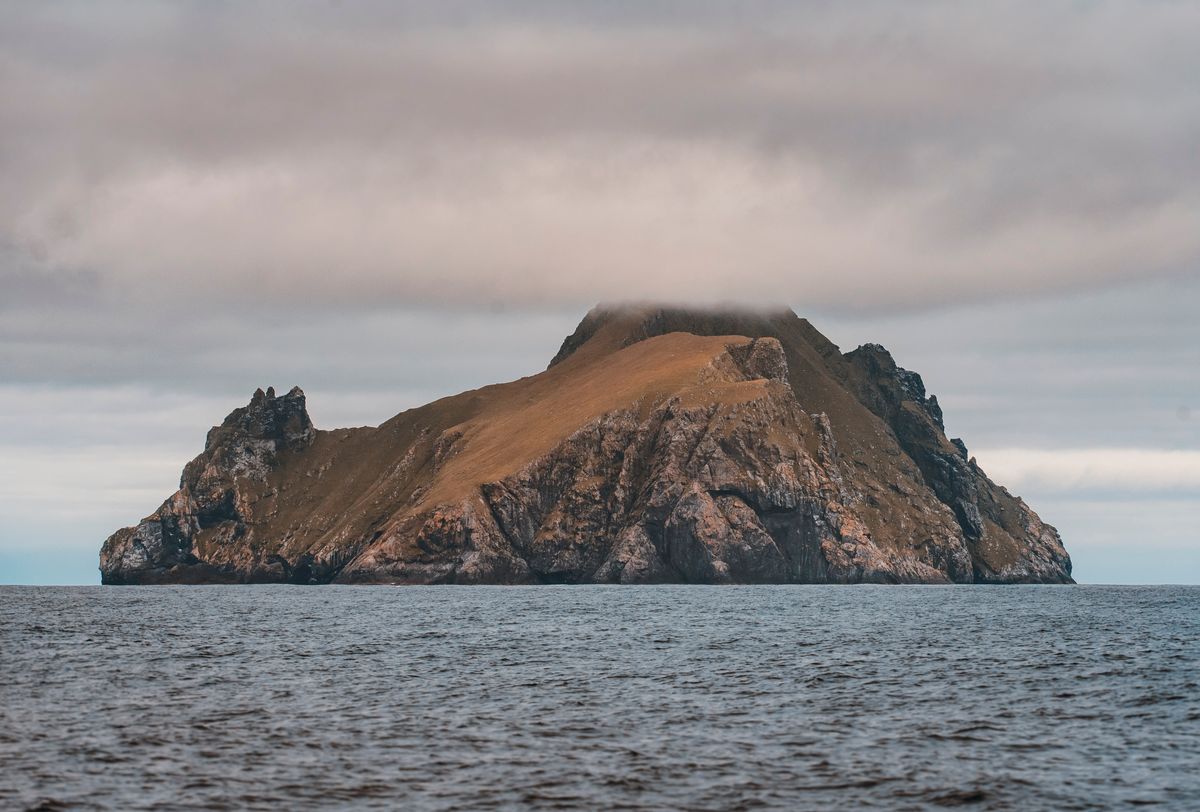
St Kilda in the distance
If you do explore the islands directly, you’ll have a rare experience of walking through a landscape abandoned by the entire community in 1930. You’ll also visit preserved archaeological sites and relics, which reveal the close relationship the islanders had with their unique natural environment, and how they adapted to outside influences. You can see this up close in the remnants of houses, enclosures and cleits – drystone storage structures – remnants of World War I guns and communications.
If you visit St Kilda, a great place to begin is the small museum housed inside the refurbished 19th century houses on The Street of Hirta. Inside you’ll find artefacts ranging from pottery and textiles to agricultural implements, clothing and personal items; all which offer a glimpse into what life was like in days gone by.

